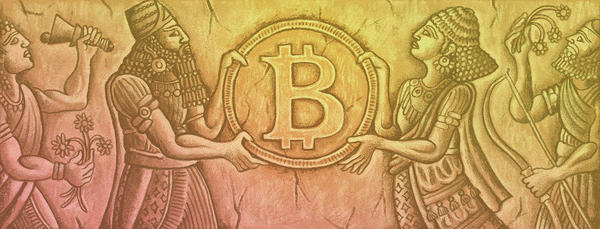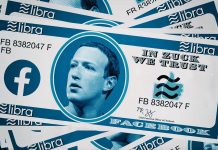Many people have different definitions of cryptocurrency. Hence a debate is rising over the way to define decentralization in distributed ledger systems. Mark you, decentralization involving peer-peer payment was bitcoin’s motivating element. In-person, I like the definition approach that describes it as an absence of named party participant who must engage. For instance, take the case in question, of whether somebody from Korea can use it if the individuals want to, the platform does not require permissions like in bitcoin case. Besides, the case of the query of whether China can prevent you from using it reflects Libra.
The language of cryptocurrency matters. In last year, serious investigations from major politically-connected and major entities were seen. Libra showed that the crypto-community should give linguistic guidance on whether people may get into projects that can move on without decentralization and name them cryptocurrency. The case is different from permissioned blockchain distinctions, and hence raising queries on decentralization proof. Besides, the questions linger in maintenance systems and funding.
Linguistically, there is a need to differentiate projects that originate from centralized organizations that utilize blockchain for marketing and optimally or a project that requires the participant to avoid named agents. Without the distinctions, projects such as bitcoin and Libra are cast as comparable cryptocurrencies. However, the classification is done in spite of the fact that they are different. The distinction matters are brought into attention by the rising of the digital currencies in the central bank.
Central banks started experimenting with blockchain technology since the year 2015. The case has led to breathless accounts with the objective of beginning to issue cryptocurrencies. However, during the initial process, the projects were not aimed at cryptocurrency. The central banks had the intention of experimenting blockchain as an upgrade to the payment rails of wholesale banking. The legacy rails move a lot of funds from some known parties.
A good example that was involved in the testing is the central bank of Canada project, Jasper. However, other central banks globally involved in the experiment include England, Hong Kong, South Africa, and Russia. Nevertheless, most of the projects have not recommended it by saying its unfit, while others have scaled back to using DLT. However, some central banks are starting projects that issue digital payment token. Venezuela Petro is an early project dealing with tokens, but it’s questionable due to the fractured support by the government. The other projects in the next generation include Project Sand Dollar of Bahamas, Digital yuan of china, and e-krona of Sweden.






